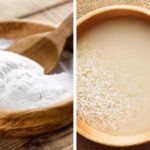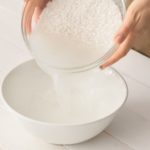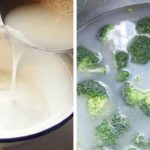Many people who live in townhouses like to plant flowers and plants. It can help freshen the air, make the environment greener, and improve your mood. However, every time you plant, you have to spend money on buying chemical fertilizers, which are not only expensive but also not environmentally friendly.
There is a method for you to use things you already have at home as organic fertilizer for your plants, ensuring strong and healthy roots. You don’t have to buy chemical fertilizers anymore, as your plants will thrive and grow using these natural alternatives.
1. Rice water
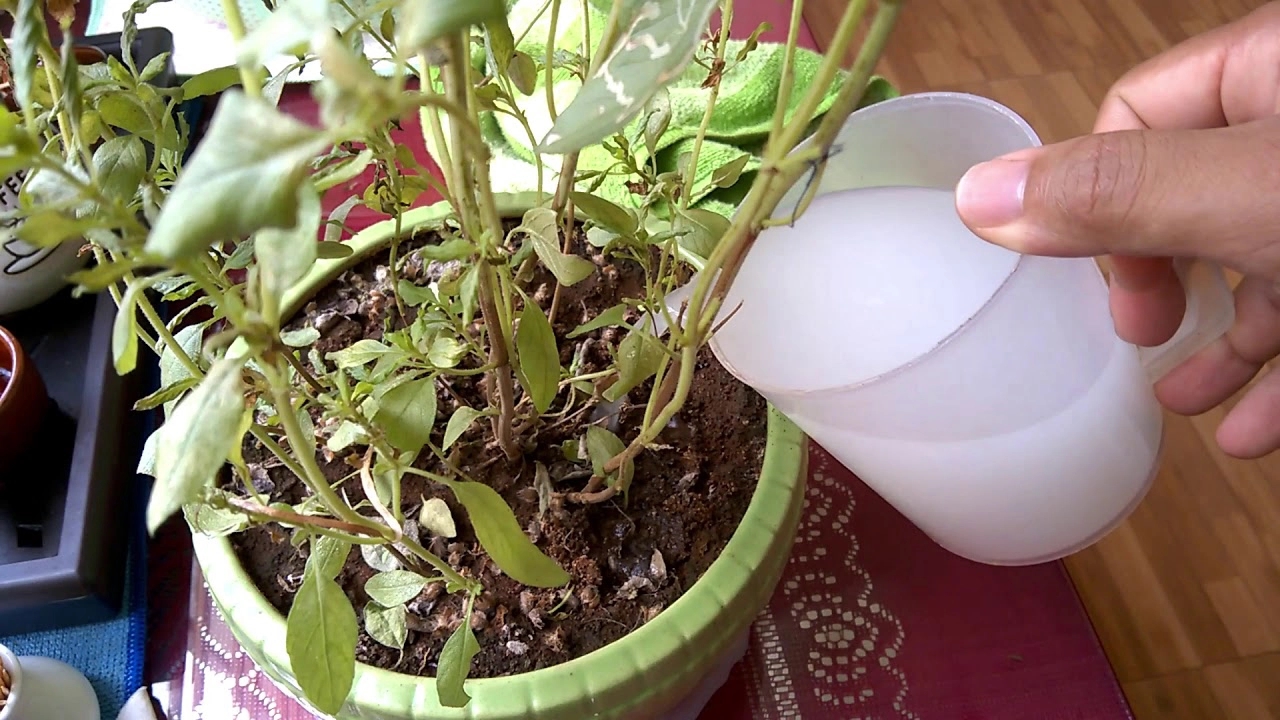
Rice water is very common in our daily lives. We usually pour it away after washing rice. It’s a waste because rice water can be used to water flowers and plants, helping them grow better and saving a considerable amount of water.
How to use:
After washing rice, you can directly use the rice water to water your plants. Alternatively, you can pour the rice water into a container and let it settle. Then, pour the clear water on top onto your plants. However, for some weak or small plants, it’s recommended to dilute the rice water or use it as it is to avoid shocking the roots.
2. Garlic skins
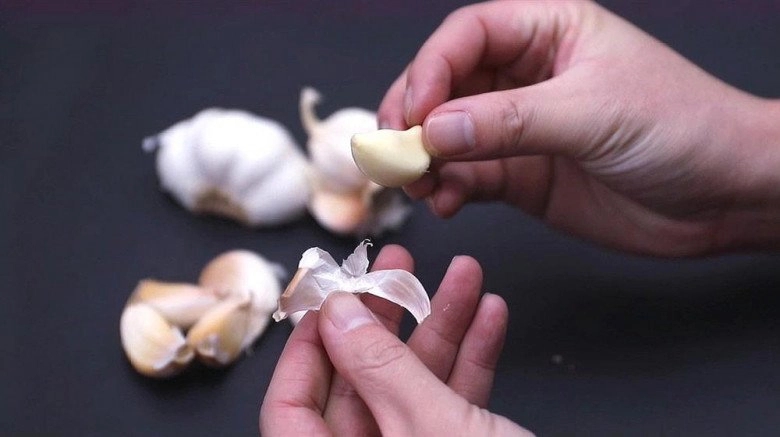
Many of us throw away garlic skins without realizing their potential. You can use these kitchen scraps as a high-nutrient organic fertilizer for your indoor plants.
How to use:
Instead of discarding them, you can put the garlic skins directly into the plant pot and then spray some water on them. This method can help the garlic skins decompose faster and turn into essential nutrients for your plants. Garlic skins contain allicin, which is beneficial for plant growth.
3. Banana peels
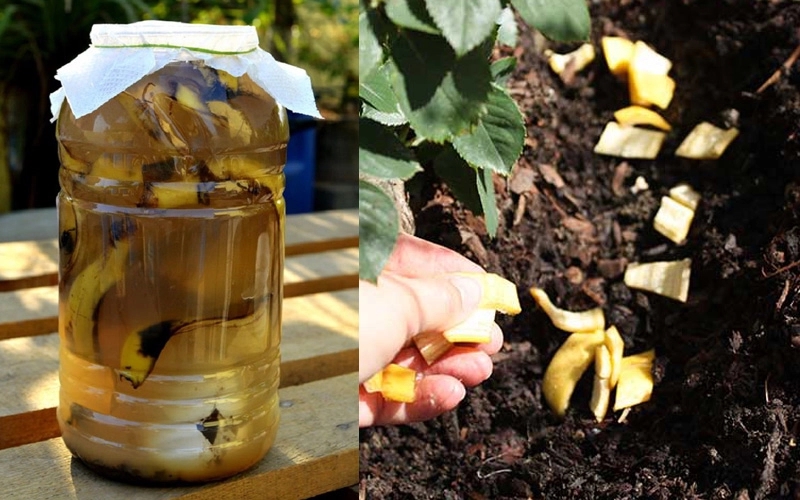
When we eat fruits, such as bananas and apples, we usually throw away the peels. However, these peels can actually be a great source of organic nutrients for your plants.
How to use:
You can place the banana peels directly in the plant pot and then spray them with a little water. This will not only promote plant growth but also accelerate the decomposition process of the peels. Following this method can help your plants thrive and grow better.
Inside banana peels, there is potassium, which is an essential nutrient for plants. This can effectively act as a potassium fertilizer for your plants.
Source: phunuvietnam.vn
Combining Rice Water and Baking Soda for Quick Teeth Brightening
Are you hoping to get a brighter, whiter smile? Then try combining rice water and baking soda – it’s a natural and effective way to whiten your teeth!
























